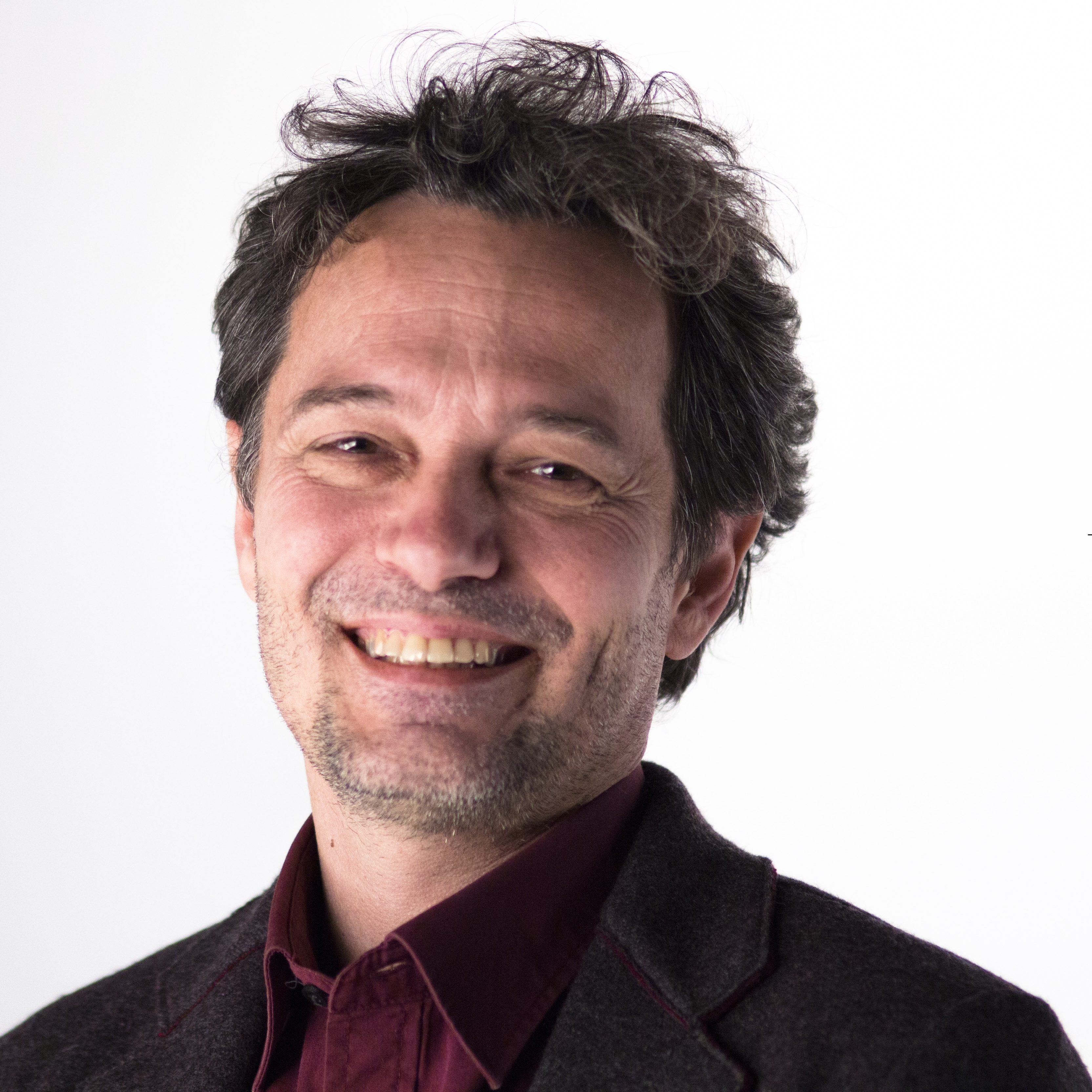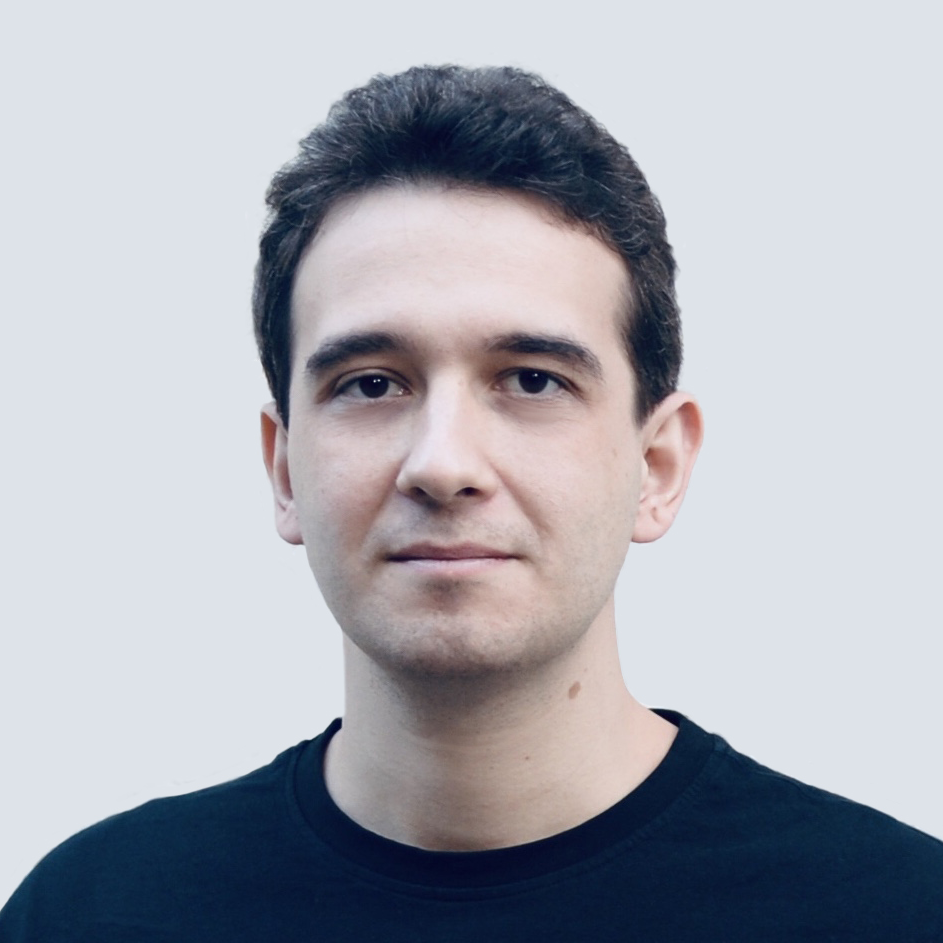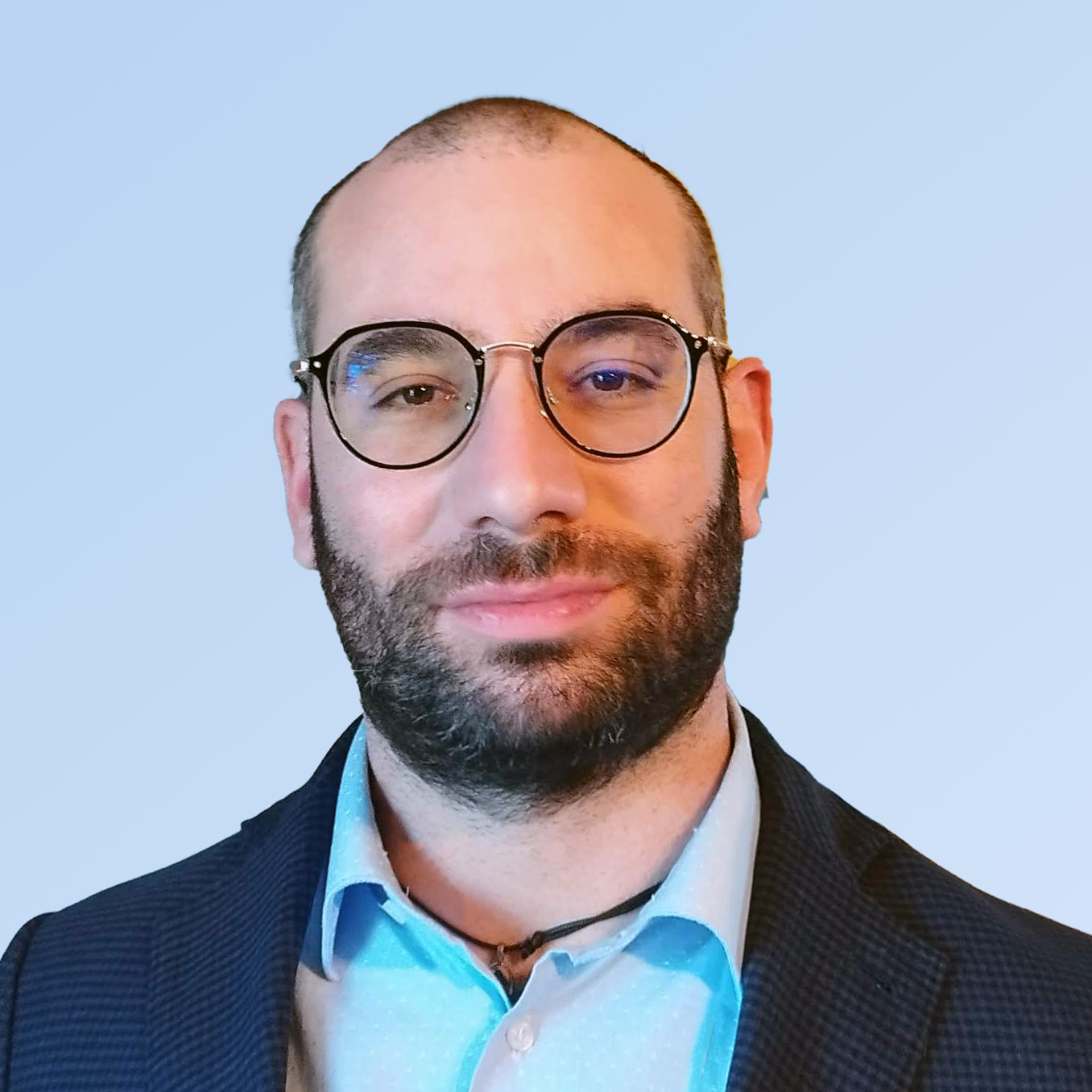Log in and enrol
Ecodesign: designing products with low environmental impact
Ecodesign: designing products with low environmental impact
This course is part of
Course description
The MOOC “Ecodesign: Designing products with a low environmental impact” is an introductory course that initiates designers and companies toward designing sustainable products. Filled with examples and guidance for further study, the course presents the basic concepts of life cycle and functional unit, key strategies for designing sustainable products, an overview of IT tools to support Ecodesign, how to work with businesses to disseminate it, and the key points of the European Ecodesign for Sustainable Products Regulation.
Total workload of the course: 5 h
This MOOC is provided by Politecnico di Milano.
For a wider diffusion of the course, learning materials including texts, infographics, diagrams and videos were translated from Italian to English through Artificial Intelligence software. Therefore they may contain inaccuracies.
This MOOC was produced as part of the Edvance project – Digital Education Hub per la Cultura Digitale Avanzata. The project is funded by the European Union – Next Generation EU, Component 1, Investment 3.4 “Didattica e competenze universitarie avanzate".






Intended Learning Outcomes
By actively participating in this MOOC, you will achieve different intended learning outcomes (ILOs):
- Identify the fundamental approaches to Ecodesign, namely the life cycle stages of a product and the functional unit
ESCO: product life-cycle - recall Ecodesign strategies and tools to reduce environmental impact during the design process
ESCO: adopt ways to reduce negative impact of consumption - understand the functions of the ICS toolkit, an open-access tool developed by Politecnico di Milano, to integrate Ecodesign requirements into concept development
ESCO: apply systemic design thinking - explore ways of collaborating with companies interested in introducing Ecodesign into their product development practices
ESCO: create cooperation modalities - understand the role of the ESPR (Ecodesign for Sustainable Product Regulation) in integrating Ecodesign into the industrial context
ESCO: ensure products meet regulatory requirements
Prerequisites
No formal knowledge is required.
Activities
The forum of this MOOC is freely accessible and participation is not guided; you can use it to compare yourself with other participants, or to discuss course contents with them.
Section outline
-
-
The course introduces fundamental principles and tools for designing products with low environmental impact. The module begins with an overview of Ecodesign approaches, such as life cycle and functional unit. It continues with a lecture on the 7 strategies for Ecodesign developed by Politecnico di Milano, illustrated by examples. This is followed by a lecture on the IT methods and tools to support Ecodesign that designers can use at various stages of the design process. The ICS Toolkit, an open access tool created by the Politecnico di Milano to support the Ecodesign process, is then introduced. The week concludes with two lectures: one on how to support companies in adopting Ecodesign and the other on the European Ecodesign for Sustainable Products Regulation, which establishes regulatory requirements for sustainable products. Each lesson is followed by quizzes to check the understanding of the concepts presented, and helpful pointers to find a range of in-depth resources.
-
-
Video transcripts Folder
-
Assessment
Your final grade for the course will be based on the results of your answers to the assessed quizzes. You have an unlimited number of attempts at each quiz, but you must wait 15 minutes before you can try again. You will have successfully completed the course if you score 60% (or higher) in each one of the assessed quizzes. The maximum score possible for each quiz is given at the beginning of the quiz. You can view your score in the quiz on your last attempt or on the 'Grades' page.
Certificate
You can achieve a certificate in the form of an Open Badge for this course, if you reach at least 60% of the total score in each one of the assessed quizzes and fill in the final survey.
Once you have completed the required tasks, you will be able to access ‘Get the Open Badge’ and start issuing the badge. Instructions on how to access the badge will be sent to your e-mail address.
The Badge does not confer any academic credit, grade or degree.
Information about fees and access to materials
You can access the course completely online and absolutely free of charge.
Course faculty

Carlo Vezzoli
Teacher
Carlo Vezzoli is a full professor of Design at the Politecnico di Milano University. He has been researching and teaching design for sustainability for nearly 30 years. Today, he teaches courses in (Product) Design for Environmental Sustainability and System Design for Sustainability and is head of the LeNSlab Polimi on Design and System Innovation for Sustainability.
He has given courses, lectures, and keynote speeches worldwide in Africa (Botswana, Kenya, South Africa, and Uganda), Asia (China, India, Japan, and Thailand), the Americas (Brazil, Colombia, and Mexico), and Europe (Austria, Belgium, Denmark, Estonia, Finland, Ireland, France, Norway, the Netherlands, and the United Kingdom).
He is the founder of LeNS - Learning Network on Sustainability - a worldwide multipolar network of more than 150 design universities, aiming at disseminating design for sustainability with an open-access ethos. He has written books in English, Italian, Spanish, Portuguese and Chinese. In 2021, he was awarded the title of PhD Honoris Causa by the Federal University of Paraná.

Gabriele Tempesta
Teacher
Gabriele Tempesta is a design consultant, expert in design for sustainability, public speaker, and alumnus of Politecnico di Milano, where he currently serves as a research fellow and PhD candidate at LeNSlab Polimi—a research lab dedicated to advancing design and system innovation for sustainability through higher education and applied research with organisations.
Before returning to his alma mater, Gabriele earned a Master’s degree in Industrial Design from Eindhoven University of Technology (TU/e) and spent ten years in China working as a design consultant, approaching every project with a strong focus on sustainability and human-centred design. His professional experience spans a range of sectors and includes urban furniture and public space design, social innovation projects for NGOs, future scenario exploration, corporate training in design thinking, circular economy workshops, and more.
Gabriele was also among the first voices to actively promote sustainable design in China outside academic circles. Since 2015, he has shared his expertise in over 40 talks at conferences, companies, and universities—including Tongji University’s College of Design and Innovation and Jiangnan University—covering topics such as environmental sustainability and social innovation through design.

Daniele Tamborini
Teacher
Daniele Tamborini is the founder of RD-29, a consulting studio specialized in applying sustainability principles to the manufacturing sector. He is an expert in sustainable design and design for manufacturing, as well as a lecturer.
For over ten years, he has worked in the fields of design for manufacturing and ecodesign, with an approach that integrates strategy, product development, environmental assessment, and cost optimization.
He is a contract lecturer at the Politecnico di Milano and PoliDesign, where he collaborates with both the Department of Mechanical Engineering and the Department of Design. He contributes to the activities of LeNSlab Polimi and the Polimi LCA Network. In academia, he teaches courses related to product development and ecodesign, and supports companies and students in understanding production processes and the opportunities offered by sustainable innovation.
Throughout his career, he has worked in areas ranging from applied research-as technical manager of the European project Made4Lo focused on metal 3D printing-to industrial consulting, supporting companies in their ecological transition through environmental impact analysis, circular economy strategies, and low-impact product redesign.
He has spoken at workshops and corporate training programs, is co-inventor of a patent for a mechanical component featuring organic geometries, and has received several awards for innovation and sustainable design.
Contact details
If you have any enquiries about the course or if you need technical assistance please contact pok@polimi.it. For further information, see FAQ page.
